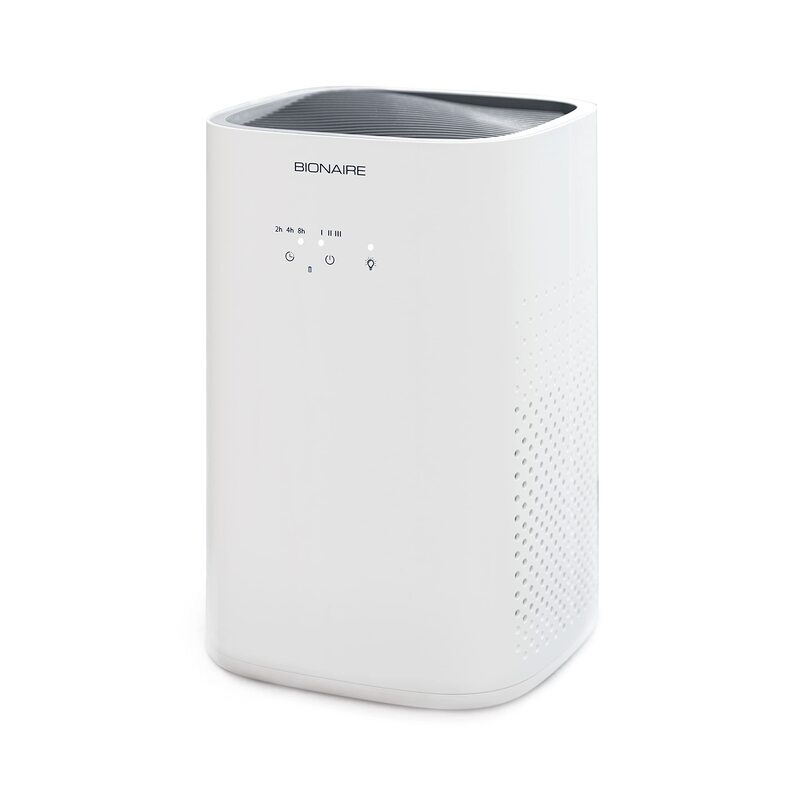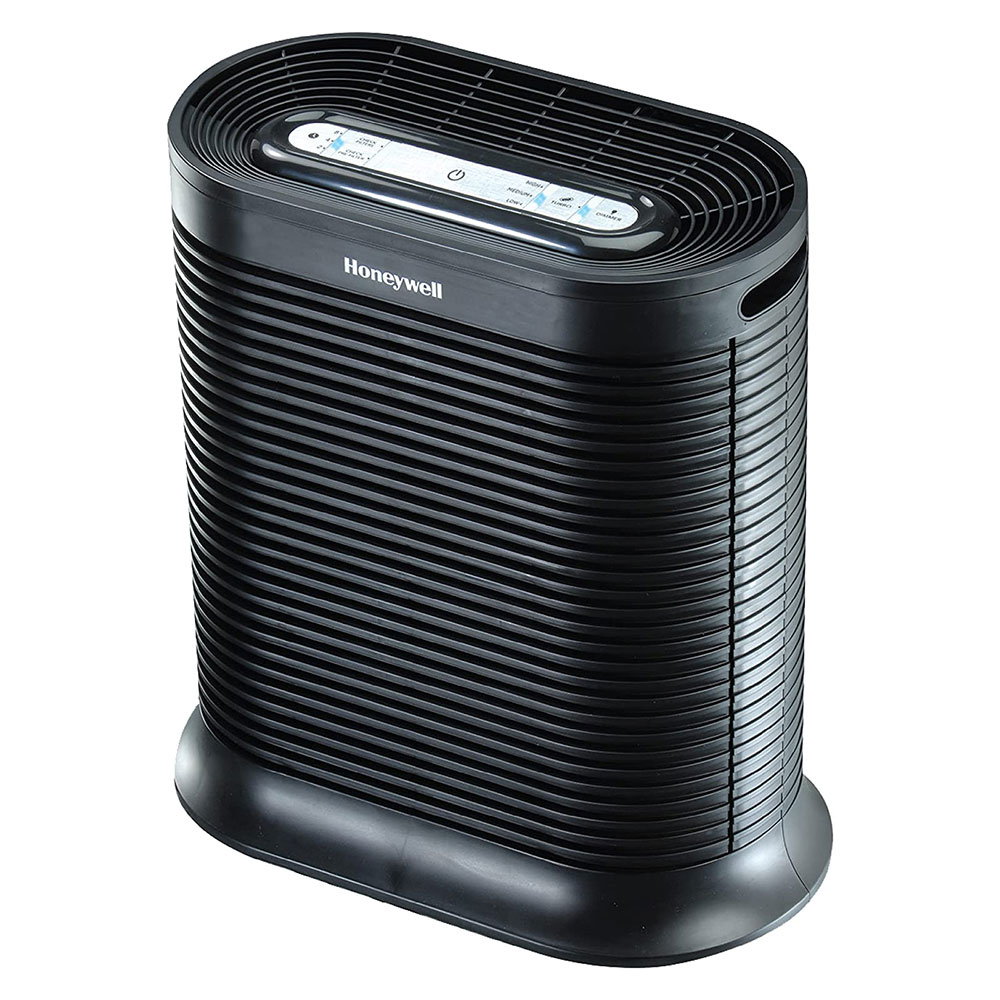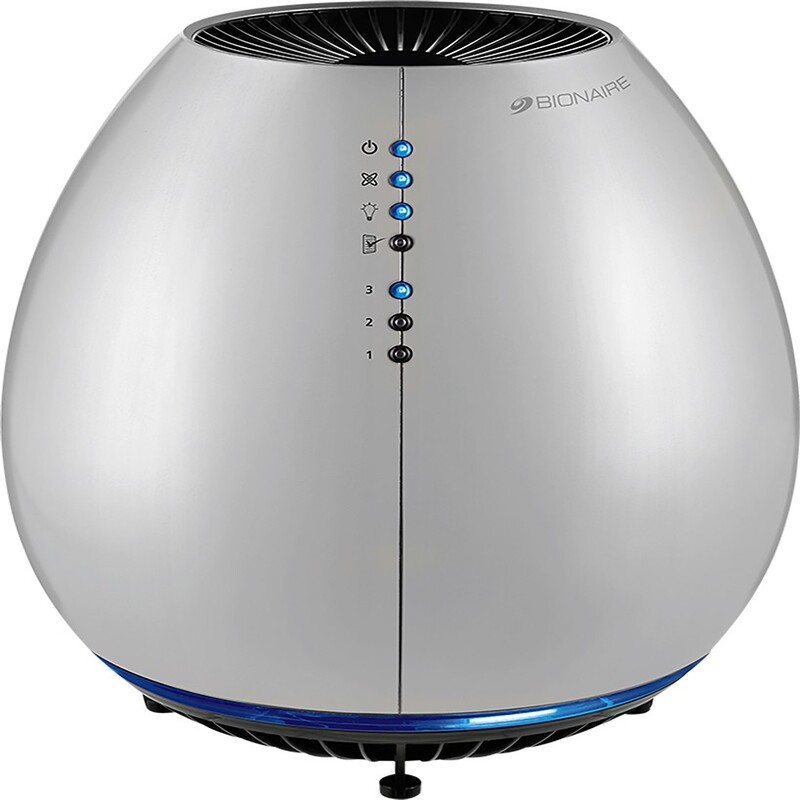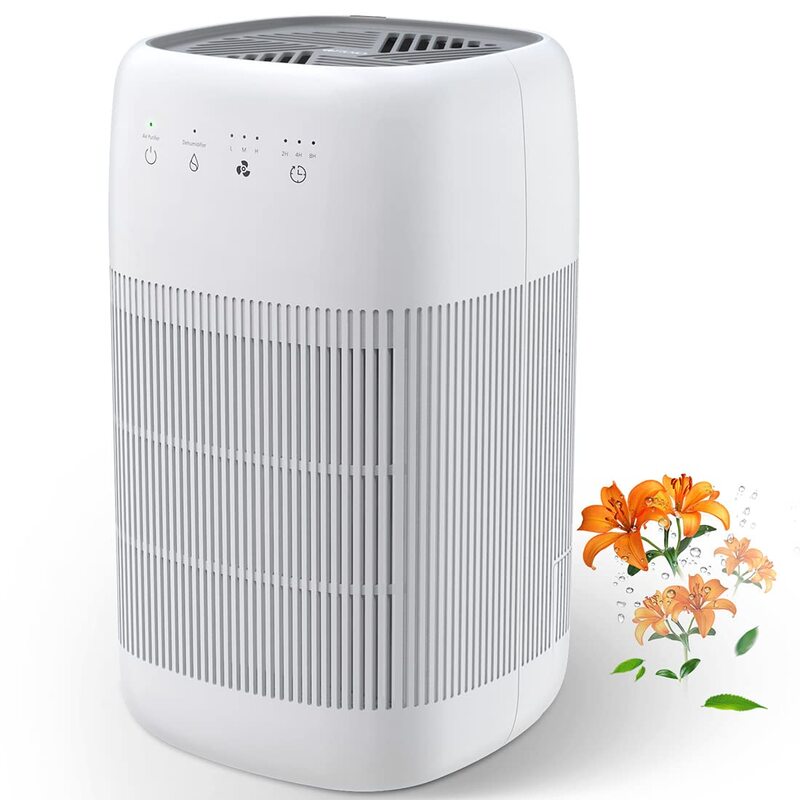The quality of the air we breathe significantly impacts our overall health and well-being. Indoor air can often be more polluted than outdoor air due to various factors like allergens, mold, pet dander, and volatile organic compounds (VOCs). An air purifier can help by reducing these pollutants, thereby improving indoor air quality. However, deciding whether to invest in an air purifier can be challenging. This comprehensive guide explores the benefits, types, and considerations of air purifiers. By understanding these aspects, you can make an informed decision tailored to your needs.
Assessing the Need for an Air Purifier
Determining whether you need an air purifier involves evaluating your specific indoor air quality concerns. Therefore, assessing these needs is the first step.
Identifying Common Indoor Pollutants
Indoor air can contain various pollutants that negatively affect health. Common indoor pollutants include dust, pollen, pet dander, mold spores, smoke, and chemicals from household products. People with allergies, asthma, or respiratory conditions are particularly sensitive to these pollutants. Additionally, high levels of VOCs from paints, plastics, and cleaning products can cause headaches, dizziness, and other health issues. Identifying these pollutants in your home helps in understanding the potential benefits of an air purifier. Therefore, recognizing common indoor pollutants is crucial for assessing the need for an air purifier.
Considering Health Conditions
Health conditions play a significant role in determining the necessity of an air purifier. Individuals with allergies or asthma can benefit greatly from reduced allergen levels. Clean air can alleviate symptoms such as sneezing, coughing, and shortness of breath. Those with weakened immune systems, such as the elderly or young children, are also more vulnerable to indoor pollutants. Improved air quality can provide a safer environment for these individuals. Therefore, considering health conditions is essential when deciding whether to invest in an air purifier.

Benefits of Using an Air Purifier
Air purifiers offer numerous benefits that contribute to a healthier and more comfortable living environment. Therefore, understanding these benefits helps in making an informed decision.
Improved Air Quality
The primary benefit of an air purifier is the significant improvement in indoor air quality. High Efficiency Particulate Air (HEPA) filters, commonly used in air purifiers, can capture 99.97% of particles as small as 0.3 microns. This includes dust, pollen, pet dander, and mold spores. Activated carbon filters remove odors, smoke, and VOCs, leaving the air smelling fresh. By continuously filtering the air, an air purifier ensures a cleaner, healthier environment. Therefore, improved air quality is a major advantage of using an air purifier.
Health Benefits
Air purifiers provide substantial health benefits by reducing exposure to harmful pollutants. For allergy and asthma sufferers, clean air can lead to fewer flare-ups and better symptom management. Improved air quality can result in better sleep, enhanced respiratory health, and overall well-being. Additionally, air purifiers can reduce the risk of respiratory infections by trapping bacteria and viruses. Therefore, the health benefits of an air purifier make it a valuable addition to any home.
Types of Air Purifiers
Different types of air purifiers cater to various needs and preferences. Therefore, exploring these options helps in selecting the most suitable device.
HEPA Air Purifiers
HEPA air purifiers are widely regarded as the gold standard for particle filtration. These filters can capture extremely small particles, including allergens and fine dust. HEPA purifiers often come with pre-filters to capture larger particles, extending the main filter’s lifespan. Models with HEPA filters are ideal for households with allergy sufferers or individuals with respiratory conditions. Regular maintenance, such as replacing filters, ensures optimal performance. Therefore, HEPA air purifiers are highly effective at improving indoor air quality.
Activated Carbon Air Purifiers
Activated carbon air purifiers specialize in removing gases, odors, and VOCs from the air. These filters contain activated carbon that adsorbs these compounds, leaving the air free of unpleasant smells and harmful chemicals. They are particularly useful in homes with smokers, pets, or strong chemical odors from cleaning products or paints. Combining activated carbon filters with HEPA filters offers comprehensive air purification. Therefore, activated carbon air purifiers are excellent for addressing odors and chemical pollutants.

Factors to Consider When Buying an Air Purifier
Deciding to purchase an air purifier involves several considerations to ensure you select the best model. Therefore, examining these factors is essential.
Room Size and Coverage
The effectiveness of an air purifier largely depends on matching its capacity to the room size. Air purifiers have a specified coverage area, expressed in square feet or meters, indicating the maximum room size they can effectively clean. Selecting a model with a coverage area that matches or exceeds your room size ensures optimal performance. For larger spaces, consider multiple units or a more powerful model. Therefore, assessing room size and coverage is crucial when choosing an air purifier.
Noise Levels
Noise levels are an important factor, particularly if you plan to use the air purifier in a bedroom or quiet space. Air purifiers produce varying noise levels, usually measured in decibels (dB). While some models operate quietly, others can be relatively loud at higher settings. Look for air purifiers with adjustable speed settings, allowing you to balance noise and performance. Some advanced models come with a “sleep mode” for ultra-quiet operation at night. Therefore, considering noise levels ensures a peaceful and comfortable environment.
Cost and Maintenance of Air Purifiers
Investing in an air purifier involves not only the initial purchase cost but also ongoing maintenance expenses. Therefore, understanding these costs helps in budget planning.
Initial Purchase Cost
Air purifiers come in a wide range of prices, depending on their features, brand, and capacity. Basic models with HEPA filters can be relatively affordable, while advanced units with multiple filters and smart features can be more expensive. It’s important to balance cost with the air purifier’s effectiveness and features. Consider any additional expenses, such as energy consumption, which can vary between models. Therefore, evaluating the initial purchase cost against your budget and needs is essential.
Maintenance Costs
Maintenance costs include replacing filters and routine cleaning to ensure the air purifier operates efficiently. HEPA filters typically need replacement every 6 to 12 months, depending on usage and air quality. Activated carbon filters may require more frequent changes, especially if exposed to strong odors or smoke. Some models feature washable pre-filters to reduce replacement frequency. Regular cleaning of the unit’s exterior and vents is also necessary. Therefore, understanding maintenance costs and requirements helps in planning long-term expenses.

Environmental and Energy Considerations
The environmental impact and energy efficiency of an air purifier can influence your decision. Therefore, examining these factors is beneficial.
Energy Consumption
Energy consumption is an important consideration, particularly if you plan to run the air purifier continuously. Most air purifiers are designed to be energy-efficient, but consumption can vary significantly between models. Look for units with Energy Star certification, indicating they meet energy efficiency standards. Adjustable speed settings and timers allow you to optimize energy use based on your needs. Therefore, choosing an energy-efficient air purifier helps reduce operational costs and environmental impact.
Environmental Impact
The environmental impact of air purifiers extends beyond energy consumption. Consider the materials used in the unit and the recyclability of filters. Some manufacturers prioritize eco-friendly designs, using sustainable materials and offering recycling programs for used filters. Minimizing the use of single-use components and selecting models with washable filters can also reduce waste. Therefore, considering the environmental impact aligns your purchase with sustainable living practices.
Conclusion
Deciding whether to invest in an air purifier involves evaluating your indoor air quality needs, health conditions, and the potential benefits the device can provide. Indoor pollutants such as dust, pollen, pet dander, mold spores, smoke, and VOCs can negatively affect health, particularly for individuals with allergies, asthma, or respiratory conditions. An air purifier can significantly improve air quality by removing these pollutants, leading to numerous health benefits, better sleep, and overall well-being.
Different types of air purifiers, including HEPA and activated carbon models, offer solutions tailored to specific air quality concerns. Factors such as room size, noise levels, initial purchase cost, and maintenance requirements are crucial when selecting the right air purifier for your needs. Additionally, considering energy consumption and environmental impact helps align your choice with sustainable living practices.
By understanding the functionalities, benefits, and key considerations, you can make an informed decision on whether an air purifier is a worthwhile investment for your home. If indoor air quality and health are significant concerns for you and your family, an air purifier can provide substantial benefits, contributing to a healthier, more comfortable living environment. Therefore, armed with this comprehensive guide, you are well-equipped to determine if getting an air purifier is the right choice for enhancing your indoor air quality.

